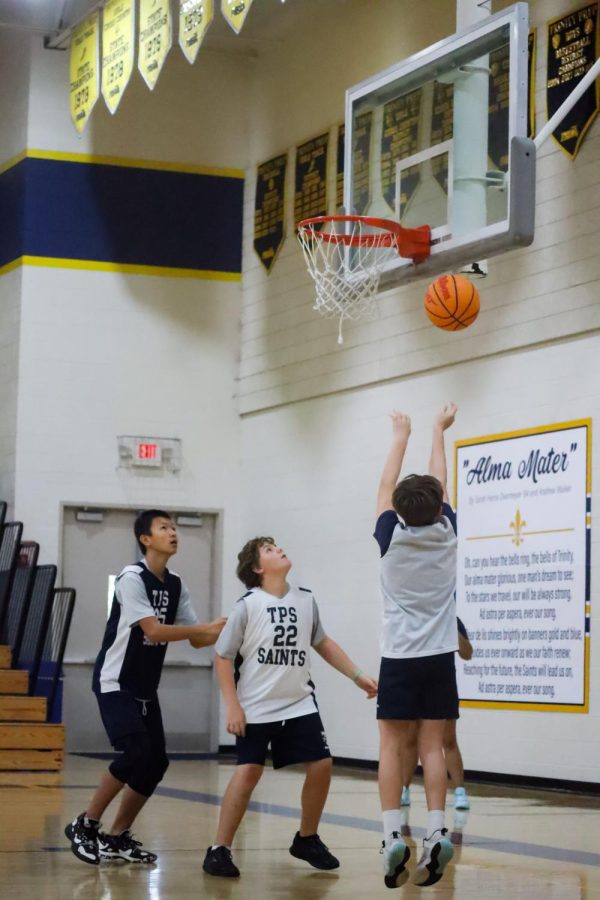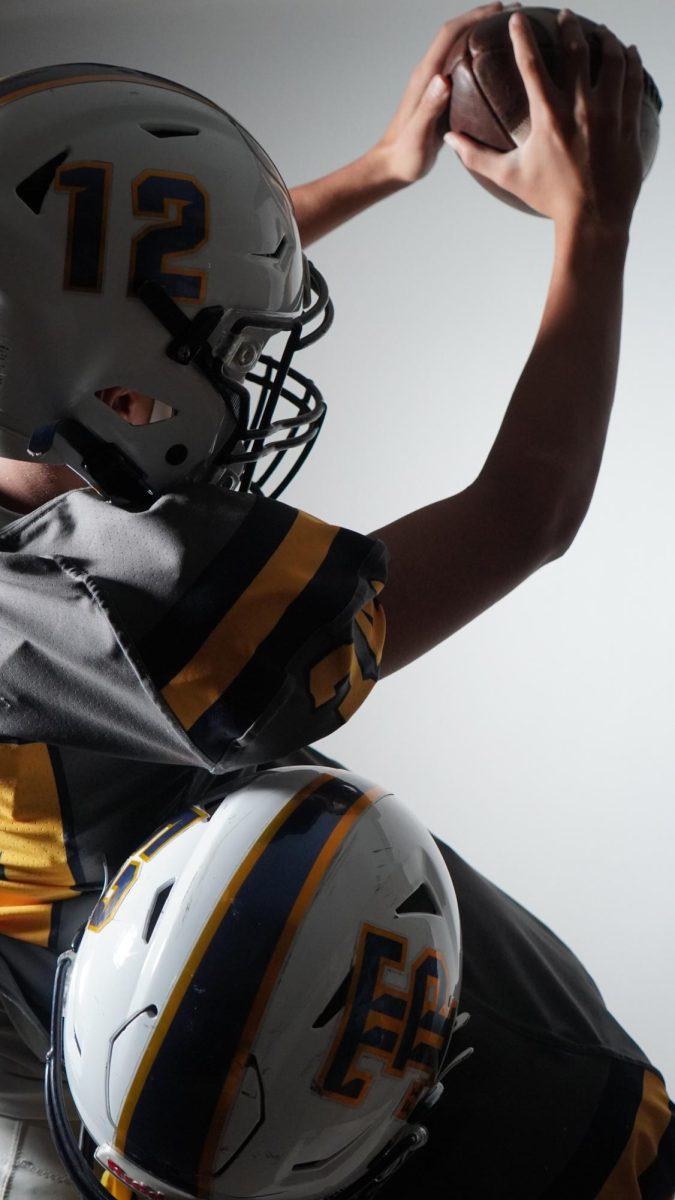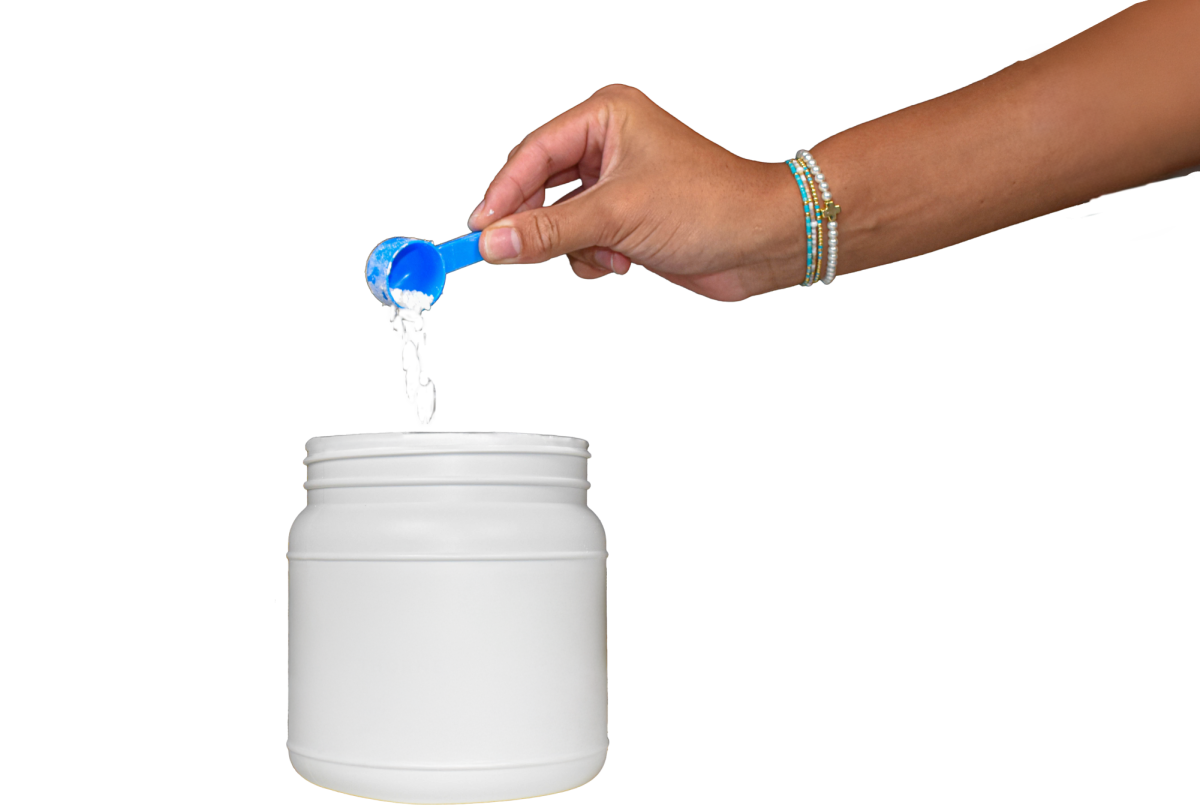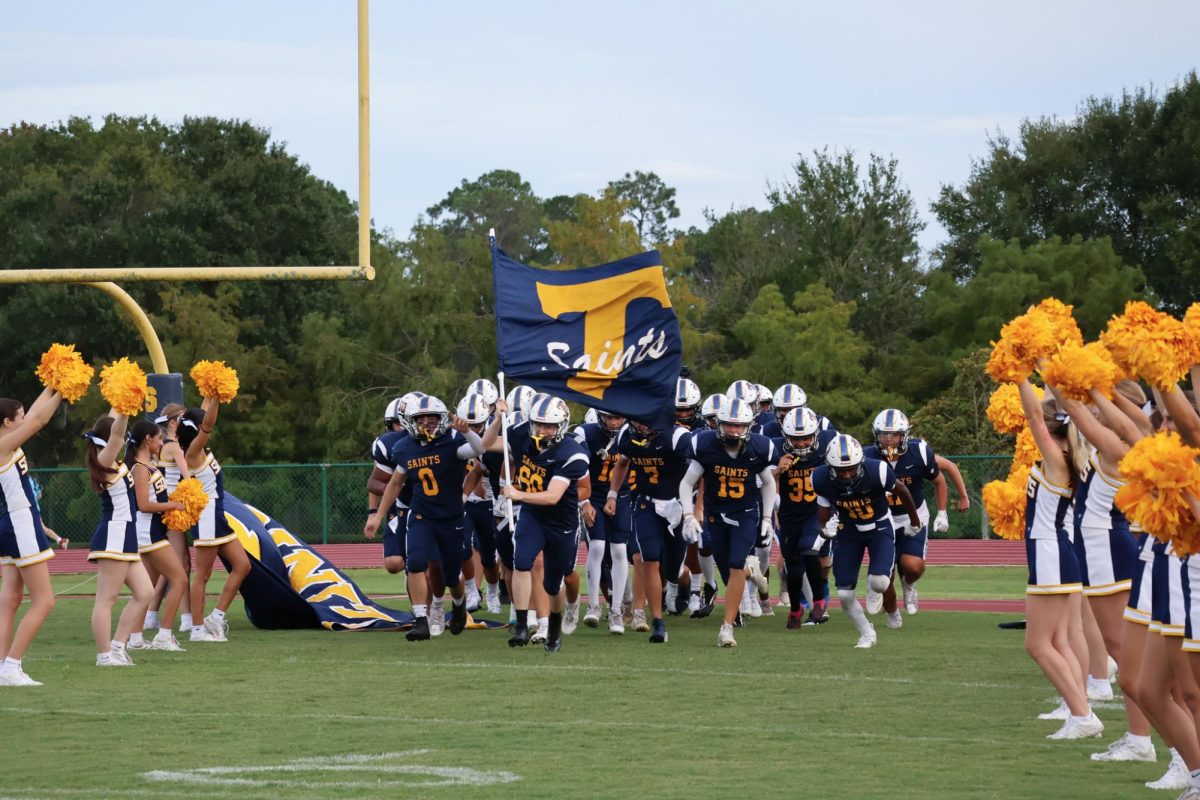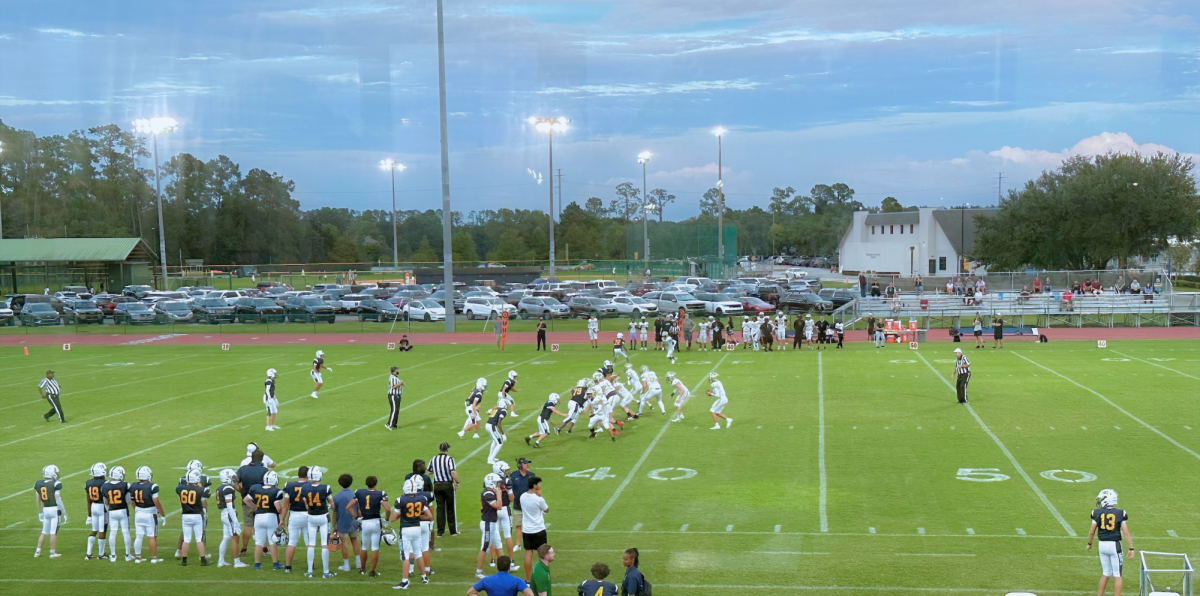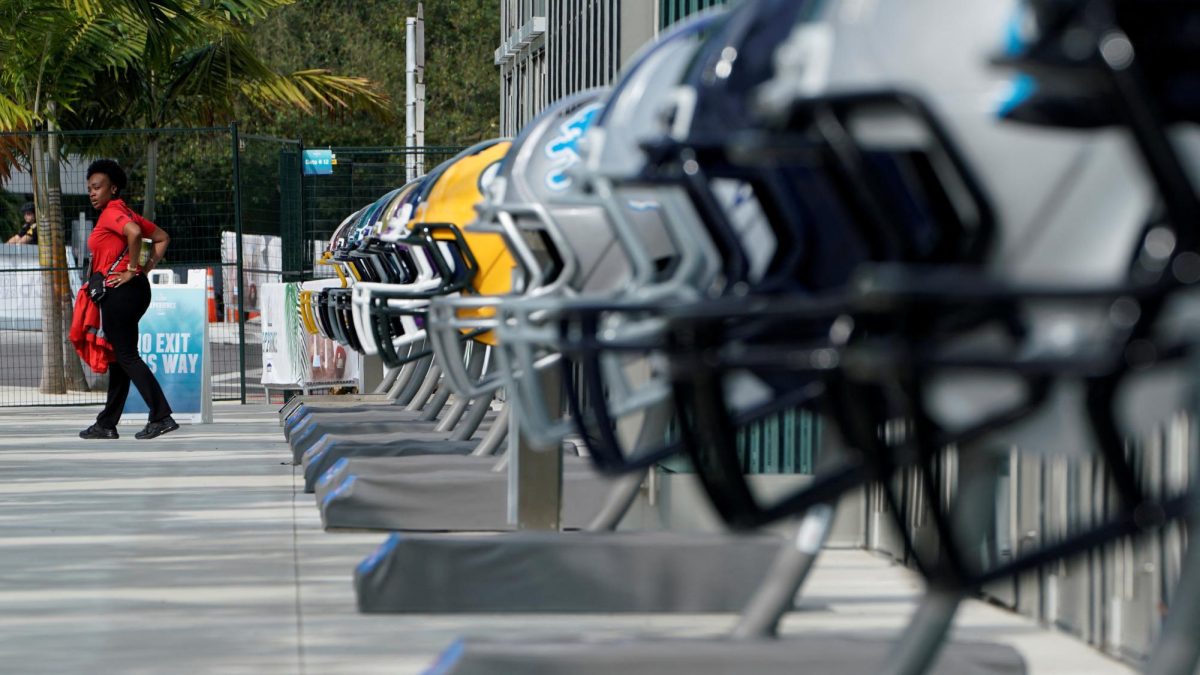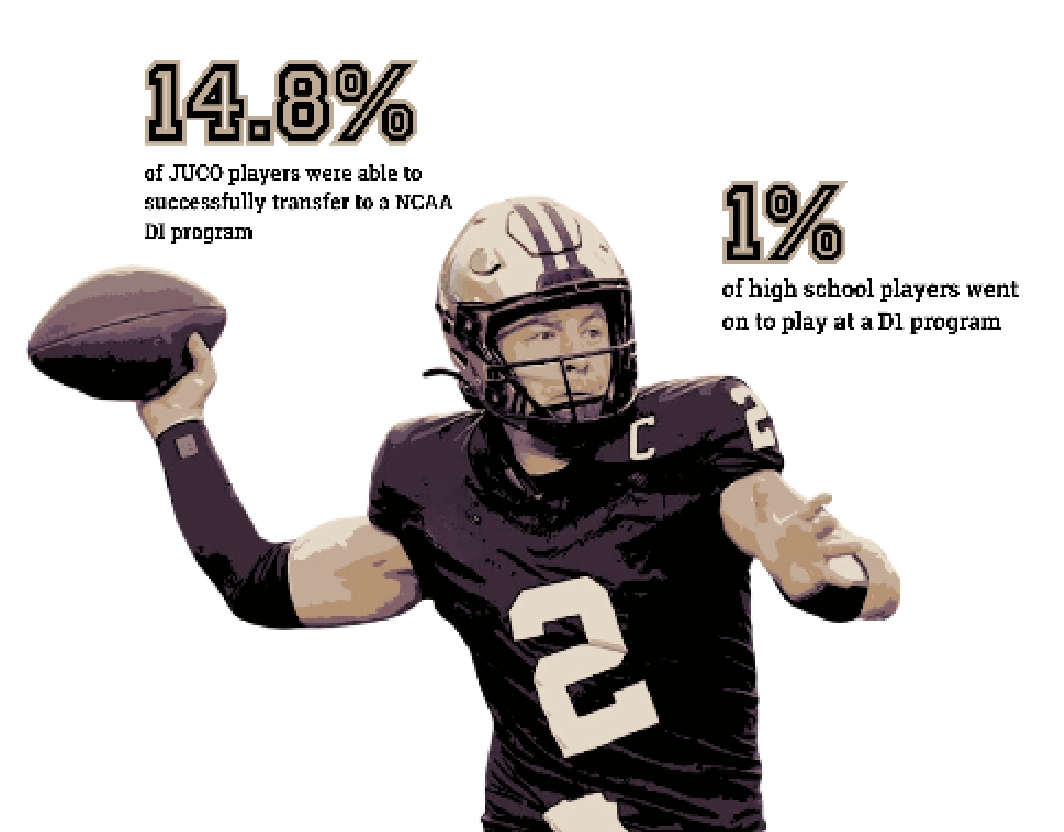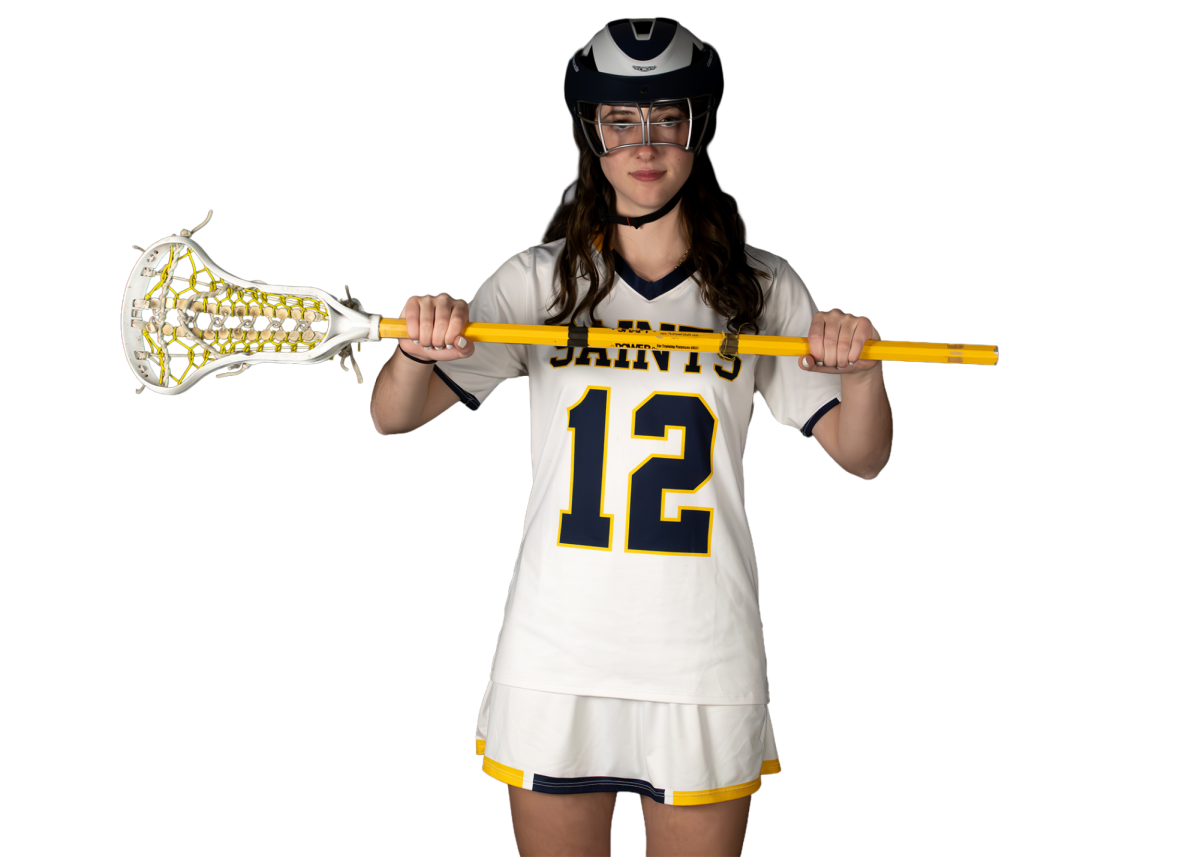One of the worst feelings for a middle schooler is to not be included, whether it be in the classroom or on the court. With the addition of another middle school basketball team, the athletic department worked to solve this issue.
Trinity’s 6th and 7th grade basketball team had nearly 40 students try out in early November. Finding it important to support all of these players, the developmental team was formed for those who did not qualify for the team, but still wanted to participate. The new team will serve as an alternative to the main team, which is meant to focus on performance in game, rather than initial player growth. Co-coach Eric Zaytzeff believes this new team will have a major impact on the program by keeping more students interested in the sport.
“I don’t want to extinguish anyone’s desire to play and learn basketball,” Zaytzeff said. “[The addition of the developmental team] was important to not discourage a kid who might have been on the cusp of making the team from giving up basketball altogether.”
Fourteen students were placed on the competitive team, and the remaining were put on the developmental team. Sixth grader Ty Bogey went into the tryout with little prior basketball experience, and although he didn’t make the competitive team, he appreciated being given the chance to play.
“I didn’t expect to make the team during tryouts,” Bogey said. “But I was excited that [the developmental team] would give me an opportunity to play and practice.”
The competitive team had a very successful season and placed third in The Citrus League. The developmental team, coached by Head of School Byron Lawson, focused on building players’ fundamental skills instead of working on in-game scenarios.
Athletic Director David Langdon was a strong supporter of the addition. Langdon said that in his past years of coaching, he has seen many of his players have a very rough start, but when given a chance, have grown into great athletes over time.
“The development of every kid is different,” Langdon said. “We wanted to make sure that we gave kids who didn’t make the team the opportunity to develop and still have an opportunity to play.”
According to Zaytzeff, the skill level in students who tried out varied, and many didn’t have any previous basketball experience. Seventh grader Derek Hopkins said that the new team will be good for new players this year and will give them a better chance at making the team next year.
“It’s great for people who are just starting to play basketball and wouldn’t be good enough to make the actual team,” Hopkins said. “This lets them improve so that next year they can have a better chance to play.”
The abundance of students trying out for middle school athletics is not common for many schools in the area. Shortages of players in other schools have either resulted in the combination of grade level teams, or no team at all. Langdon attributes Trinity’s success to the extra work done by the athletic department and those who support it.
“We have a different philosophy [from other schools],” Langdon said. “Everybody wants numbers, but not everybody wants to have to do the extra work of finding practice locations for every team, people to help out and other things of that nature.”
Even though only one team is labeled as developmental, Zaytzeff said that all middle schoolers on both teams still needed to learn some of the basics. According to Zaytzeff, both teams have shown an increase in skill and general knowledge of the game, which will set them up for future years and coaches.
“At the beginning, some of these kids didn’t necessarily know what the fundamental rules were, but now everyone does,” Zaytzeff said. “I think there’s been a lot of growth in the knowledge of basketball itself, but also the execution of it.”
Langdon said that every decision the athletic department makes is for the benefit of Trinity’s students and their experience while participating in athletics.
“We’re always trying to evolve into what we can do best to get the most kids out and get them the most playing time,” Langdon said.




